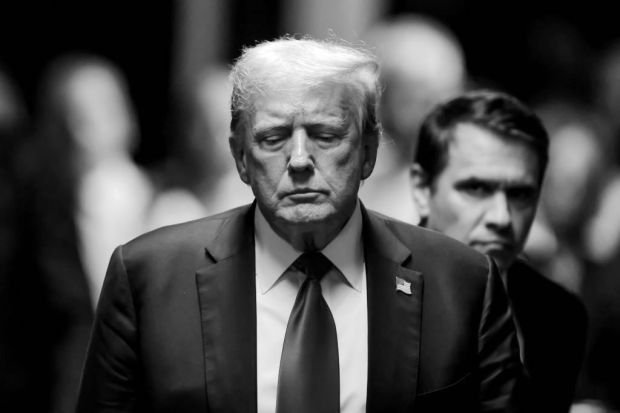Liz Truss needs an exit strategy. Unless she can eke past Canning’s 119 days, the Prime Minister will go down in history as Britain’s shortest-serving premier. That ignominy will only be compounded by the absence of a legacy. Nothing is going to overshadow a fleeting and calamitous spell in No.
Already a subscriber? Log in
Subscribe for just $2 a week
Try a month of The Spectator Australia absolutely free and without commitment. Not only that but – if you choose to continue – you’ll pay just $2 a week for your first year.
- Unlimited access to spectator.com.au and app
- The weekly edition on the Spectator Australia app
- Spectator podcasts and newsletters
- Full access to spectator.co.uk
Or


















Comments
Don't miss out
Join the conversation with other Spectator Australia readers. Subscribe to leave a comment.
SUBSCRIBEAlready a subscriber? Log in